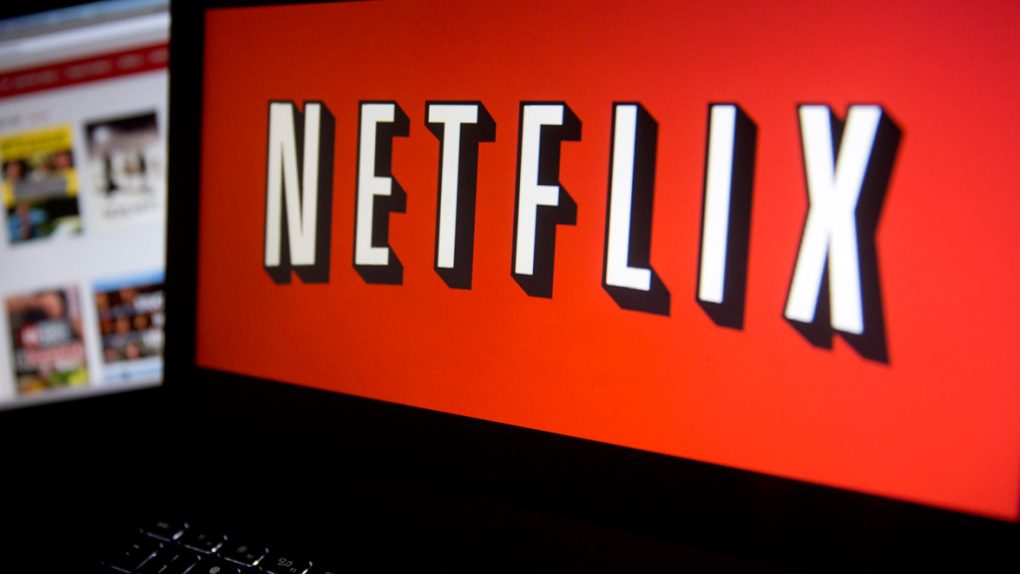In case you haven’t heard, Netflix over the last three months had a really good quarter. Revenue was up year over year while the cumulative number of Netflix subscribers worldwide eclipsed 75 million. Of course, the driving force behind Netflix’s tremendous growth is its vast and ever-expanding library of original content.
Not content to rest on its laurels, Netflix CEO Reed Hastings said in an earnings press release that Netflix plans to launch at least 600 hours of original programming in 2016, a 33% increase from 2015 and nearly double the 320 hours of original programming the company aired in 2014.
MUST SEE: 25 hidden iPhone features that are really, truly hidden
“The breadth of our original programming will continue to expand,” the press release notes, “with current plans for new seasons of 30 or so original series…, eight original feature films, 35 new seasons of original series for kids, a dozen documentaries, and nine stand up comedy specials.”
But even more impressive than the sheer volume that Netflix continues to churn out is the impressive quality of its programming. Not only that, but Netflix has successfully managed to release hit shows across a wide spectrum of genres, including but not limited to crime thrillers, sci-fi, political dramas, animated sitcoms, comedies, superhero dramas and even true-crime documentaries.
I personally watch a lot of Netflix but the quality of the service’s programming really hit home when I came across this blurb in Netflix’s press release.
We unveiled five new original series in Q4, including Marvel’s Jessica Jones and Master of None, starring Aziz Ansari. Both combined with Narcos, Sense8, Marvel’s Daredevil and Bloodline to claim six of the Top 10 new TV shows of 2015 according to IMDB.
Think about that for a second. In a TV landscape traditionally dominated by experienced players like HBO, FX, Showtime, AMC and others, Netflix seemingly came out of nowhere and quickly became a force to be reckoned with.
Even if you’re not inclined to agree with IMDB’s ratings, it’s impossible to deny that Netflix’s library of content is impressive. In fact, I’d even venture to say that what Netflix is doing, from a volume and quality perspective, is absolutely unprecedented in TV history.
Has there ever before been a period of time where a single media entity was responsible for such a large percentage of incredible content? Take HBO, for example. They’ve certainly had no shortage of hits over the years, but at any given period, they only air a handful of quality shows at a time. In 2015, for instance, HBO delivered the following hits: Silicon Valley, Game of Thrones, Veep, The Leftovers, Girls, The Jinx, Last Week Tonight with John Oliver and Hard Knocks and Ballers. Even if we include the grave disappointment that was season 2 of True Detective, that’s about 10 HBO shows worth keeping on the radar.
Netflix in 2015, though, was able to keep up rather easily, with House of Cards, Orange is the New Black, Bloodline, Daredevil, Narcos, Sense8, BoJack Horseman, Master of None, Jessica Jones, Unbreakable Kimmy Schmidt, Making a Murderer, Wet Hot American Summer, and W/Bob & David.
And that list is truly just a small fraction of what Netflix brought to the table in 2015. Not only that, but because Netflix releases every episode of a series in one fell swoop, it lends itself more towards binge watching and an arguably more immersive and enjoyable viewing experience.
Before streaming online video became commonplace, one typically had to turn to network television to see high quality programming in quick succession. Whether it was NBC’s Must See TV Thursday night lineup or whatever FOX had cooking on Sunday nights, there were typically only a handful of shows that viewers could enjoy on any given day, and more broadly, in any given week.
But Netflix has changed the game, and has arguably achieved its long-stated goal of becoming HBO faster than HBO can become Netflix.
As Felix Salmon of Reuters astutely noted about two and a half years ago:
[Netflix] is playing a very, very long game here — not one measured in months or quarters, and certainly not one where original content pays for itself within a year. Netflix doesn’t particularly want or need the content it produces in-house to make a profit on a short-term basis. Instead, it wants “to become HBO faster than HBO can become Netflix,” in the words of its chief content officer Ted Sarandos.
Most importantly, the thing that Netflix aspires to, and which HBO already has, is an exclusive library of shows. If everything goes according to plan, then the Netflix of the future will be something people feel that they have to subscribe to, on the grounds that it’s the only place where they can find shows A, B, C, and D. That’s what it means to become HBO — and Netflix is fully cognizant that this is a process which takes many years and billions of dollars.
Spot on, and it seems that Netflix is well on its way towards achieving that goal, if it hasn’t already.




